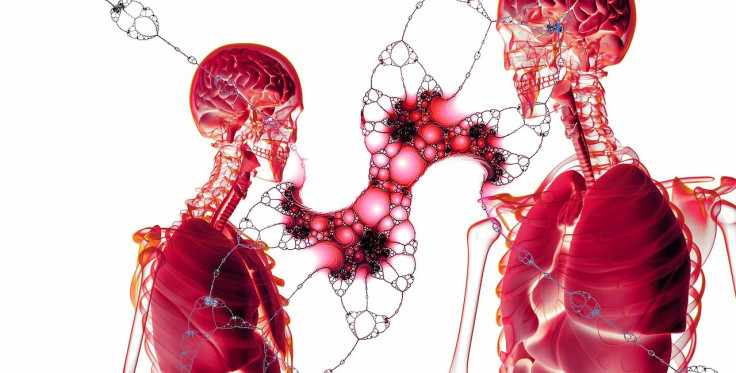Swelling In One Body Part Is A Lesser-Known Sign Of Lung Cancer

KEY POINTS
- Lung cancer is one of the most dreaded diseases in society
- It produces various symptoms and some of which even seem unrelated to the lungs
- One of these symptoms show in the face
Like most cancers, you only notice the symptoms of lung cancer when the disease has spread through your lungs or in other areas of the body. This indicates that the outcome for the condition may not be as good compared to other cancer types.
Approximately one in three people diagnosed with lung cancer live for at least a year after finding out they are suffering from one. Around one in twenty people live for at least ten years after being diagnosed with lung cancer.
The survival rates may vary and would often depend on how advanced the cancer is at the time of discovery. This means an early diagnosis can make a huge difference in talking about treatment outcomes. Identifying the lesser-known signs of this deadly disease could save your life.
Identifying The Warning Signs
As with most types of cancer, lung cancer, if spotted early on, increases your chances of a better treatment outcome. The problem is that this deadly disease usually does not cause any symptoms during its early stages. When it does show warning signs, these can easily be confused as being caused by other conditions.
For instance, coughing is among the symptoms of lung cancer, but then again, it might be mistaken for a common and less-serious ailment. There is one lesser-known sign; however, that could tell you of the grim reality that you are at risk of developing lung cancer. This involves swelling in a particular region of your body.
A Lesser-Known Symptom
An individual experiencing puffiness in the neck or face could indicate the development of lung cancer. This puffiness is caused by the choking of the superior vena cava by tumor growth. This condition is known as the Superior Vena Cava Syndrome or SVCS.
The superior vena cava or SVC is the superior of two great venous trunks that transport deoxygenated blood from systemic circulation to the heart’s right atrium. Since the blood coming from the upper part of your body does not have anywhere else to go, it may come to rest in these regions. As a result, your neck and face may experience some degree of swelling caused by all that extra fluid waiting to get through. This puffiness sometimes causes the skin on your chest to turn bluish-red in color.
Tumors usually put pressure on your blood vessels, obstructing the ability of your veins to efficiently transport fluids to all parts of your body. Lung cancer, as well as many other types of cancers and tumors, is a typical cause of SVCS. Aside from the swelling of the neck and face, people having this symptom may also notice difficulty in breathing, coughing, or general shortness of breath.
© Copyright IBTimes 2024. All rights reserved.





















